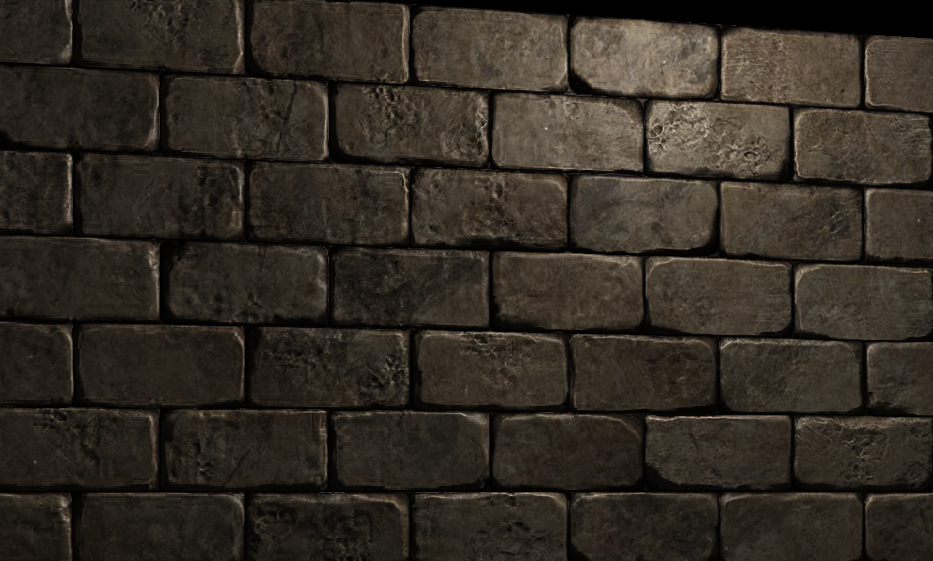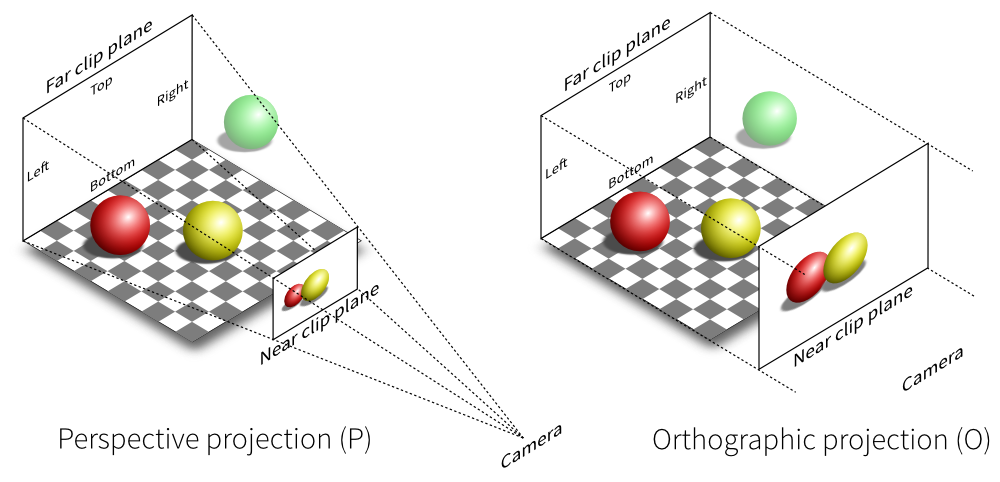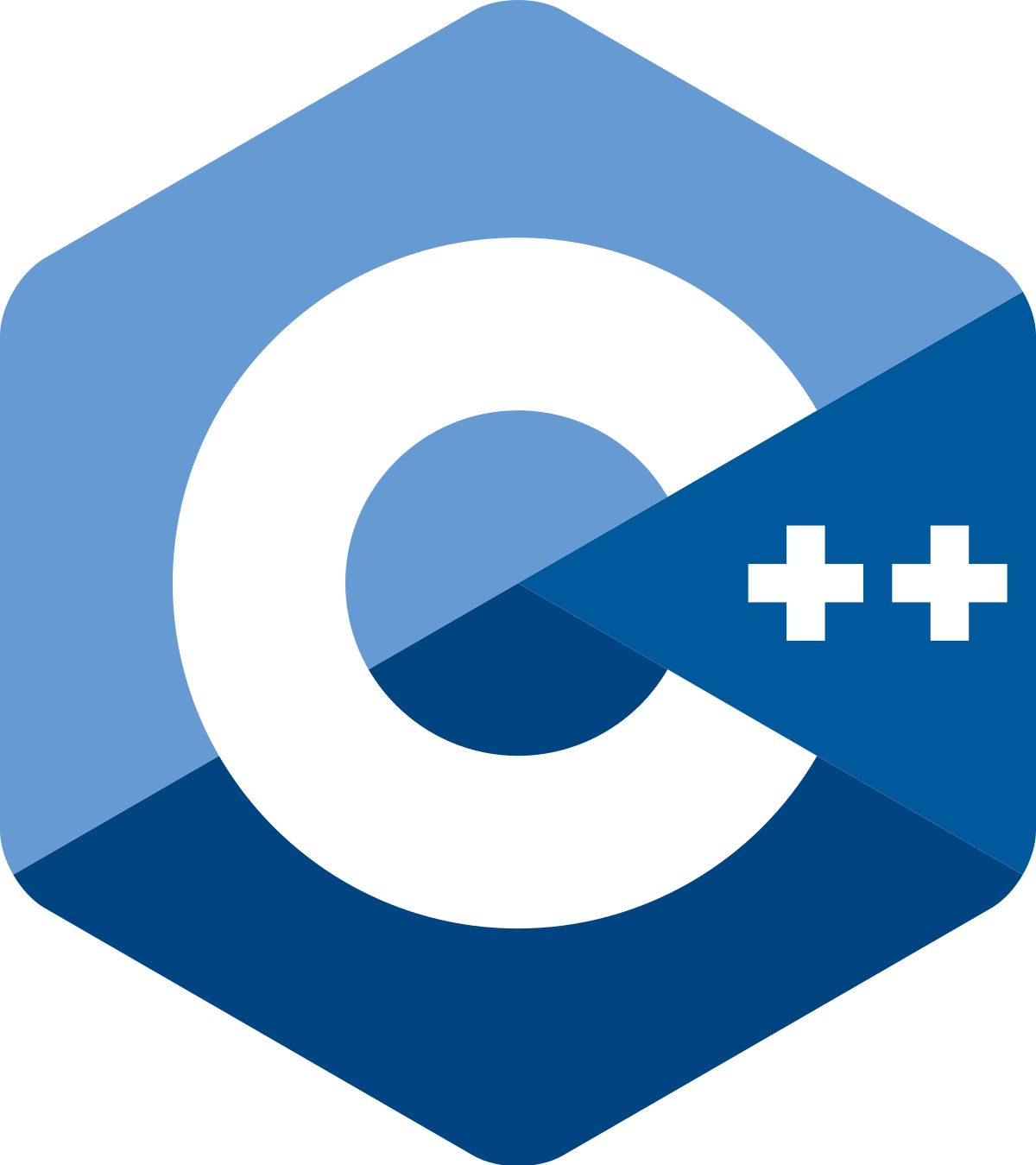1
2
3
4
5
6
7
8
9
10
11
12
13
14
15
16
17
18
19
20
21
22
23
24
25
26
27
28
29
30
31
32
33
34
35
36
37
38
39
40
41
42
43
44
45
46
47
48
49
50
51
52
53
54
55
56
57
58
59
60
61
62
63
64
65
66
67
68
69
70
71
72
73
74
75
76
77
78
79
80
81
82
83
84
85
86
87
88
89
90
91
92
93
94
95
96
97
98
99
100
101
102
103
104
105
106
107
108
109
110
111
112
113
114
115
116
117
118
119
120
121
122
123
124
125
126
127
128
129
130
131
132
133
134
135
136
137
138
139
140
141
142
143
144
145
146
147
148
149
150
151
152
153
154
155
156
157
158
159
160
161
162
163
164
165
166
167
168
169
170
171
172
173
174
175
176
177
178
179
180
181
182
183
184
185
186
187
188
189
190
191
192
193
194
195
196
197
198
199
200
201
202
203
204
205
206
207
208
209
210
211
212
213
214
215
|
#include <bits/stdc++.h>
const int MAXN = 30010;
struct Node *null;
struct Node {
Node *c[2], *fa;
bool rev;
Node *top;
int sum, max, val;
Node() : sum(0), val(0), max(INT_MIN), fa(null) {
c[0] = c[1] = null;
}
inline void maintain() {
sum = c[0]->sum + c[1]->sum + val;
max = std::max(val, std::max(c[0]->max, c[1]->max));
}
inline void reverse() {
rev ^= 1, std::swap(c[0], c[1]);
}
inline void pushDown() {
rev ? c[0]->reverse(), c[1]->reverse(), rev = false : 0;
}
inline bool relation() {
return this == fa->c[1];
}
inline void rotate(bool f) {
Node *o = fa;
top = o->top;
o->pushDown(), pushDown();
(fa = o->fa)->c[o->relation()] = this;
(o->c[f] = c[!f])->fa = o;
(c[!f] = o)->fa = this;
o->maintain();
}
inline void splay() {
Node *o = fa;
bool f;
for (pushDown(); o != null; o = fa) {
o->fa == null ? rotate(o->c[1] == this) :
((f = o->c[1] == this) == (o->fa->c[1] == o)
? (o->rotate(f), rotate(f)) : (rotate(f), rotate(!f)));
}
maintain();
}
inline void expose(Node *p = null) {
splay();
if (c[1] != null)
c[1]->top = this, c[1]->fa = null;
(c[1] = p)->fa = this;
maintain();
}
inline Node *access() {
Node *x = this;
for (x->expose(); x->top; x = x->top)
x->top->expose(x);
return x;
}
inline void evert() {
access(), splay(), reverse();
}
inline void link(Node *f) {
Node *x = access();
x->reverse(), x->top = f;
}
inline void cut(Node *y) {
Node *x = this;
x->expose(), y->expose();
if (x->top == y) x->top = NULL;
if (y->top == x) y->top = NULL;
}
inline Node *findRoot() {
Node *f = this;
f->access(), f->splay();
while (f->pushDown(), f->c[0] != null) f = f->c[0];
return f;
}
inline void split(Node *v) {
v->evert(), access(), splay();
}
inline void init(int val) {
this->val = max = sum = val;
}
} pool[MAXN];
inline void init() {
null = pool, null->fa = null;
null->sum = 0;
null->val = null->max = INT_MIN;
}
inline const int querySum(int u, int v) {
(pool + u)->split(pool + v);
return (pool + u)->sum;
}
inline const int queryMax(int u, int v) {
(pool + u)->split(pool + v);
return (pool + u)->max;
}
inline void update(int u, const int value) {
(pool + u)->splay();
(pool + u)->val = value;
(pool + u)->maintain();
}
inline char nextChar() {
static const int IN_LEN = 1000000;
static char buf[IN_LEN], *s, *t;
if (s == t) {
t = (s = buf) + fread(buf, 1, IN_LEN, stdin);
if (s == t) return -1;
}
return *s++;
}
inline int read() {
static int x = 0;
static char c;
static bool iosig;
for (iosig = false, x = 0, c = nextChar(); !isdigit(c); c = nextChar()) {
if (c == '-') iosig = true;
}
for (; isdigit(c); c = nextChar())
x = (x + (4 * x) << 1) + (c ^ '0');
return iosig ? -x : x;
}
const int OUT_LEN = 10000000;
char obuf[OUT_LEN], *oh = obuf;
template<class T>
inline void print(T x) {
static int buf[30], cnt;
if (x == 0) {
*oh++ = '0';
} else {
if (x < 0) *oh++ = '-', x = -x;
register int cnt = 0;
for (cnt = 0; x; x /= 10) buf[++cnt] = x % 10 + 48;
while (cnt) *oh++ = buf[cnt--];
}
}
template<class T>
inline void println(T x) {
print(x), *oh++ = '\n';
}
inline void flush() {
fwrite(obuf, 1, oh - obuf, stdout);
}
int n, q;
struct Edge {
int u, v;
inline void read() {
u = ::read(), v = ::read();
}
} edge[MAXN];
int main() {
#ifndef ONLINE_JUDGE
freopen("in.in", "r", stdin);
#endif
n = read();
init();
for (register int i = 1; i <= n; i++) pool[i] = Node();
for (register int i = 0, u, v; i < n - 1; i++) edge[i].read();
for (register int i = 1; i <= n; i++) {
(pool + i)->init(read());
}
for (register int i = 0; i < n - 1; i++) {
(pool + edge[i].u)->link(pool + edge[i].v);
}
q = read();
for (register int i = 0; i < q; i++) {
nextChar();
register char str = nextChar();
if (str == 'H') {
register int u = read(), t = read();
update(u, t);
} else if (str == 'M') {
register int u = read(), v = read();
println(queryMax(u, v));
} else if (str == 'S') {
register int u = read(), v = read();
println(querySum(u, v));
}
}
flush();
return 0;
}
|



